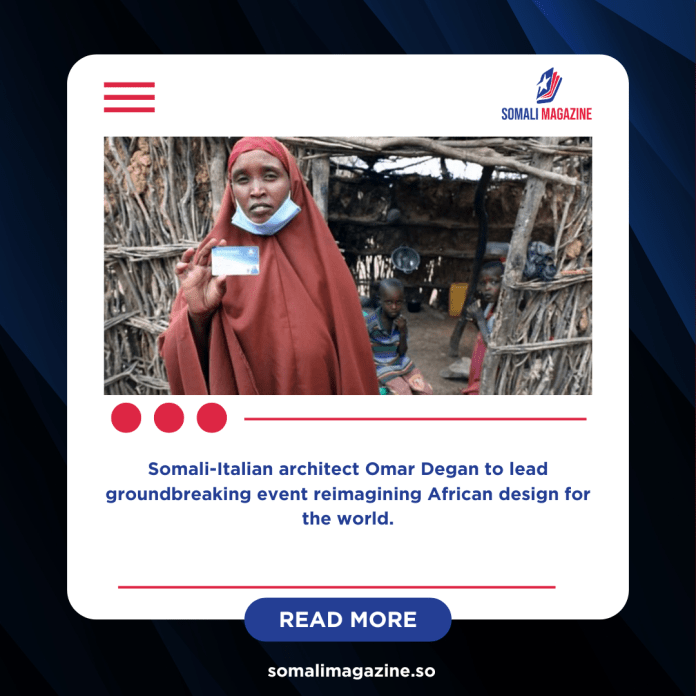Facebook Twitter (X) Instagram Somali Magazine - People's Magazine
Somalia’s auditor general has raised serious concerns over how more than $153 million in social spending was managed under the World Bank–funded Baxnaano program, the country’s main cash-transfer initiative. According to the auditor’s 2024 annual report, the funds, which were distributed through the United Nations World Food Programme (WFP), could not be independently verified due to the absence of detailed beneficiary records.
The Baxnaano program, launched to support vulnerable households across Somalia, is considered the backbone of the country’s social safety net and has attracted significant international backing. But auditors say the lack of verifiable data raises doubts about transparency, public trust, and donor confidence in the system.
The Office of the Auditor General (OAGS), led by Ahmed Isse Gutale, issued a qualified opinion on the federal government’s financial statements, highlighting major gaps in accountability. Two areas stood out in particular: the management of social protection funds and revenues from concession contracts at Mogadishu’s port and Aden Adde International Airport.
On concession revenues, the government reported $32.2 million in income from its agreements with private operators. According to contracts, Somalia is entitled to 62.17 percent of revenue from Mogadishu’s port, managed by Mogadishu Alport Corporation (Albayrak-Somalia), and 25 percent of revenue from Aden Adde Airport, managed by Favori LLC. However, neither company submitted audited financial statements, leaving auditors unable to confirm whether the government actually received the correct share of revenues.
The audit also revealed that six government entities received $5 million in donor grants outside the national budget system, while another $9.4 million in donor funds were listed in annexes. None of these amounts appeared in the official financial statements, which auditors said violates Somalia’s Public Financial Management Act as well as international reporting standards. Such practices, they warned, create serious risks for accountability and undermine efforts to strengthen fiscal transparency.

Auditors further criticized weaknesses in budget management, pointing out that ministries failed to explain large differences between approved budgets and actual spending. These explanations are required under international standards but were either incomplete or entirely missing. Additional concerns were noted around legal compliance, weak IT system controls, and the management of donor-funded projects, which together suggest deeper structural problems in Somalia’s financial oversight.
Auditor General Gutale stressed that his office will continue to work closely with ministries, agencies, and international partners to address these shortcomings. He emphasized the need for stronger systems to ensure donor confidence, especially as Somalia moves forward with fiscal reforms and debt relief efforts.
The findings are likely to fuel debate in parliament and among the country’s key donors, who have invested heavily in Somalia’s stabilization and development. For ordinary citizens, however, the most immediate concern remains whether programs like Baxnaano, meant to cushion families against poverty, are truly reaching the people who need them most. Without accurate data and stronger accountability, questions over effectiveness and trust are likely to persist.

